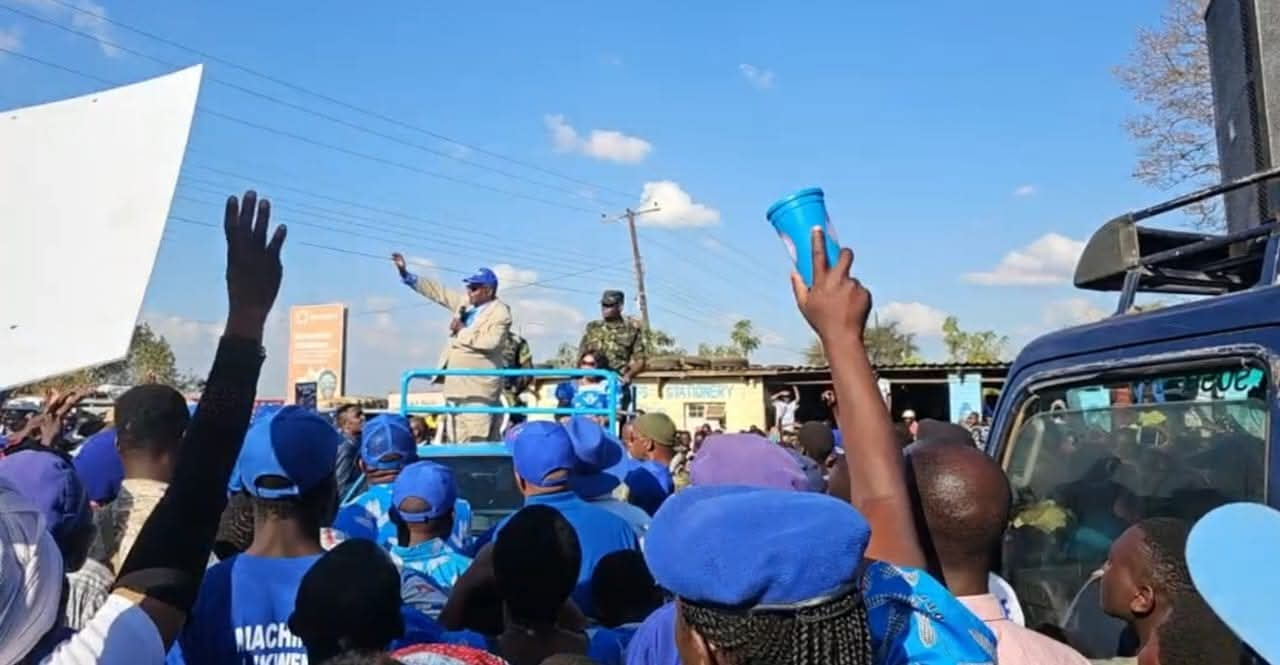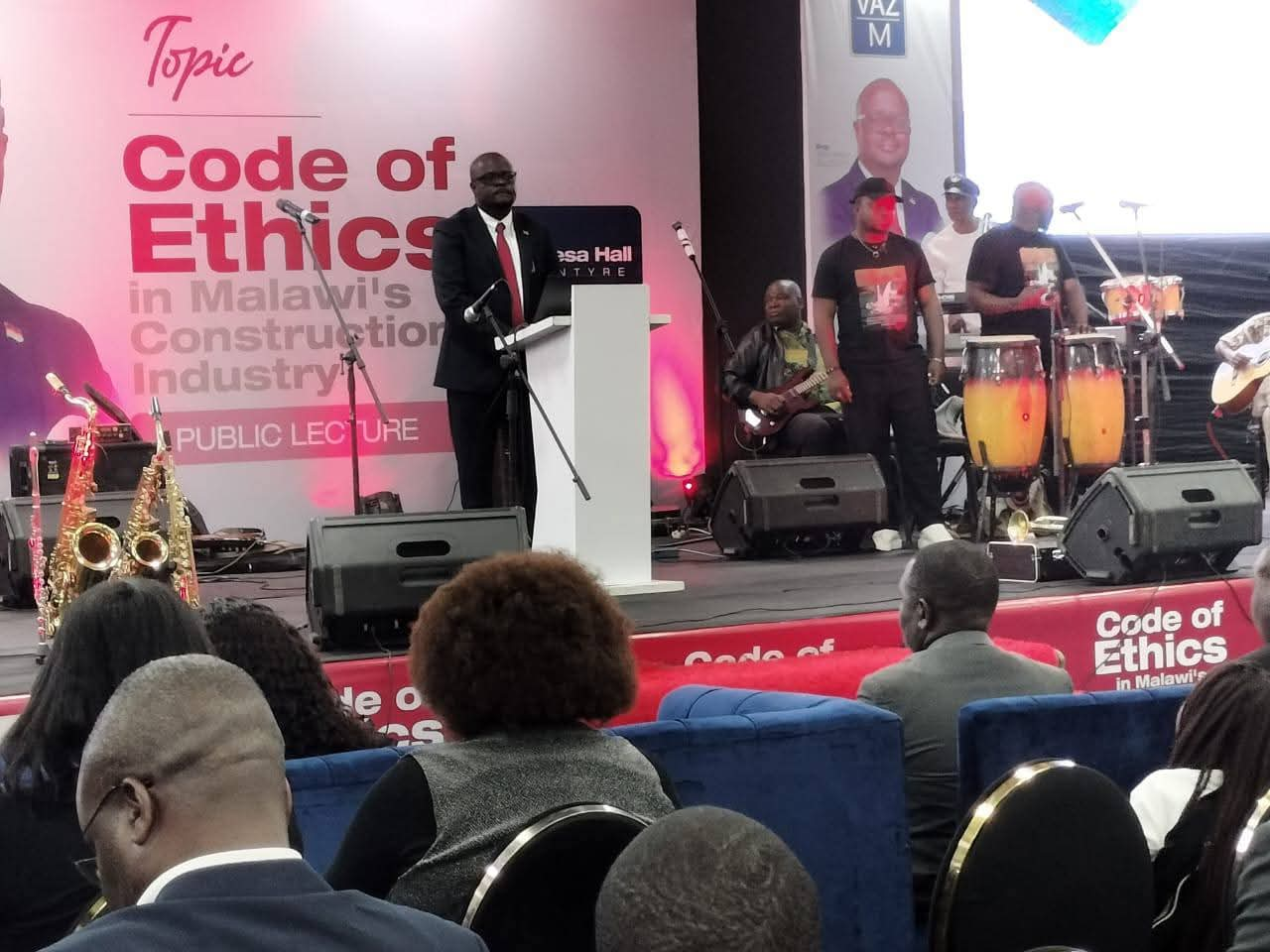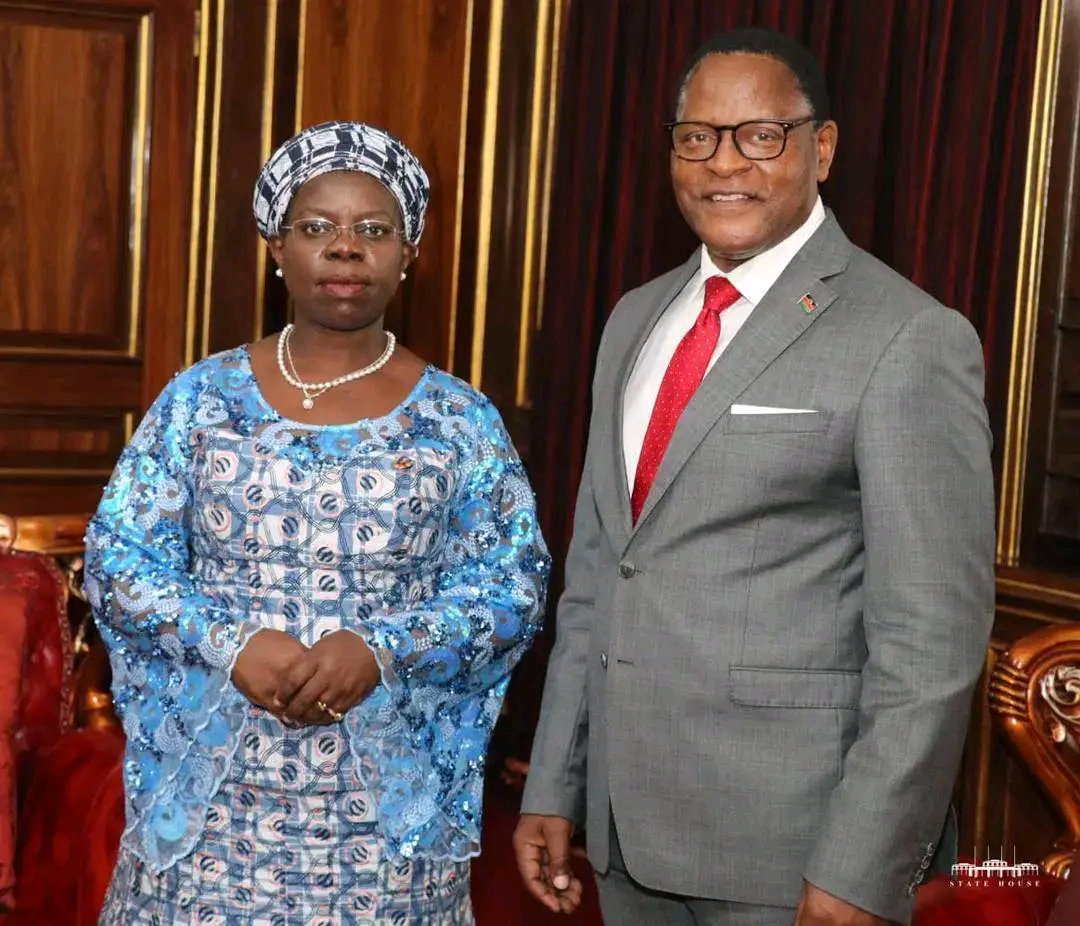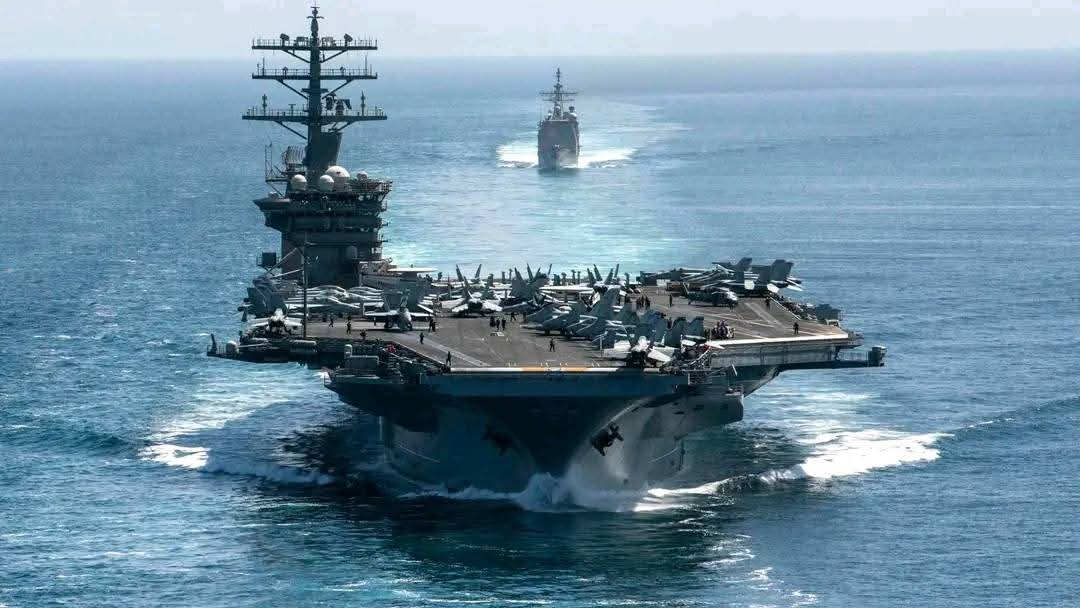By Jones Gadama
In a spectacular display of unwavering support and devotion, Professor Arthur Peter Mutharika, the torchbearer of the Democratic Progressive Party (DPP), made a grand entrance into Lilongwe, the capital city of Malawi, leaving a trail of awe and reverence in his wake.
The mammoth crowd that gathered to catch a glimpse of the revered leader was a testament to his enduring popularity and the people’s thirst for a messianic figure who can deliver them from the quagmire of economic hardship and poor governance.
As Mutharika’s motorcade wound its way through the streets of Lilongwe, the sheer magnitude of the crowd’s enthusiasm was reminiscent of Jesus’ triumphant entry into Jerusalem, where people from all walks of life flocked to hail him as the long-awaited Messiah.
Just as the Israelites of old recognized the divine mandate that rested upon Jesus, the people of Malawi have come to realize that Mutharika possesses the leadership qualities and vision necessary to steer their country towards a brighter future.
While the opposition in waiting, Malawi Congress Party (MCP) and its leader, Lazarus Chakwera, may attempt to cast aspersions on Mutharika’s health and abilities, the people’s verdict is clear: they see through the propaganda and recognize their champion when they behold him.
Like the Israelites of old, who trembled with fear as they witnessed the thunder and lightning on Mount Sinai, the MCP supporters are awestruck by Mutharika’s towering presence and have been forced to concede that he is the anointed one, destined to lead Malawi to greatness.
In stark contrast to Mutharika’s majestic entry into Lilongwe, the UTM president, Dalitso Kabambe, has been struggling to make an impact, his lackluster performances during debate and public appearances a stark reminder of his unsuitability for the high office he seeks.
Kabambe’s desperation for power, driven by greed and self-aggrandizement, is palpable to the Malawian electorate, who are increasingly turning a deaf ear to his promises of economic turnaround.
In contrast, Professor Mutharika’s vision for Malawi, encapsulated in the DPP’s manifesto promises such as free secondary school education, resonates deeply with the populace.
This initiative aims to bridge the inequality gap in education, empowering the youth with knowledge and skills necessary for the country’s development.
As the September 16 General Election approaches, the disparity between Mutharika’s widespread support and Kabambe’s faltering campaign will likely become even more pronounced.
According to recent polls, 43% of respondents expect Peter Mutharika to win the election, underscoring his stronghold on the electorate’s imagination.
On the other hand, Kabambe’s United Transformation Movement (UTM) faces an uphill battle, struggling to gain traction amidst internal party restructuring following the tragic loss of its leader, Saulos Chilima.
In this charged political atmosphere, incumbent President Lazarus Chakwera’s Malawi Congress Party (MCP) is banking on its continuity platform, highlighting achievements such as empowering women and youths in sectors like agriculture and mining.
However, with rising inflation, currency shortages, and unemployment dominating campaign narratives, Chakwera’s administration faces criticism for failing to deliver on key promises, including affordable fertilizer prices and infrastructure development.
As Malawians prepare to exercise their democratic right to vote, the choice is clear: between leaders who promise messianic deliverance and tangible solutions to the country’s pressing issues.
The electorate’s decision will depend on their assessment of each party’s track record, manifesto promises, and leadership qualities.
In the midst of this complex political landscape, 17 candidates are vying for the presidency, each with their own strengths and weaknesses. Incumbent President Lazarus Chakwera’s Malawi Congress Party (MCP) is emphasizing continuity and achievements in empowering women and youths, while Peter Mutharika’s Democratic Progressive Party (DPP) is banking on its promise of free secondary school education and rural development initiatives.
Meanwhile, Dalitso Kabambe’s United Transformation Movement (UTM) faces an uphill battle in gaining traction.




